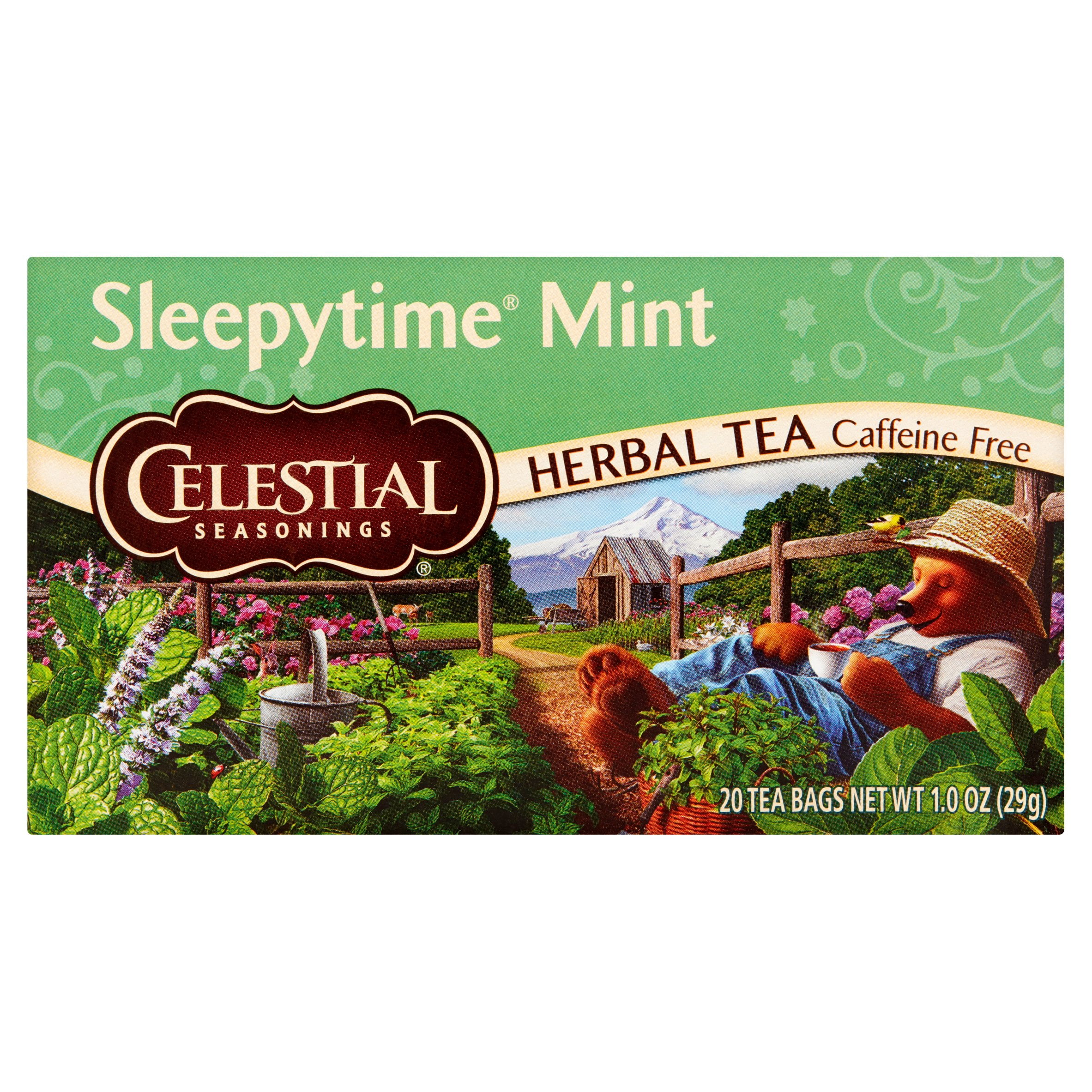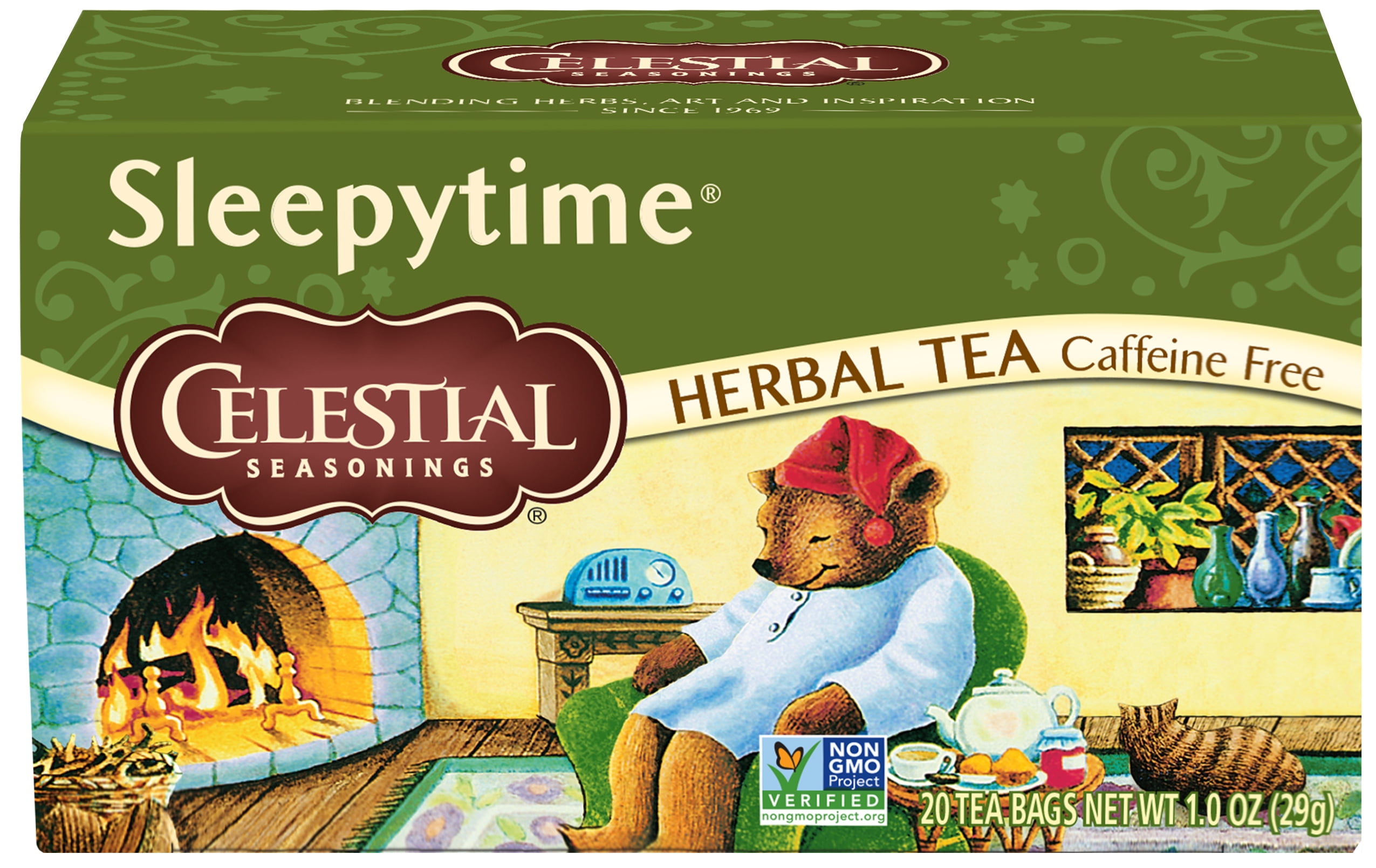
If you struggle with sleep, it may be worth a shot to implement a cup into your nightly routine. A variety of sleepy tea called Extra has valerian in it, and some studies have found that this herb can cause headaches, dizziness, and an upset stomach, Gans says.

One ingredient in particular-valerian-may also cause some unwanted side effects. “Also, pregnant and nursing women and those suffering from low blood pressure may be more apt to risks and side effects and definitely want to check with a healthcare provider.” “ Some people have reported allergies to some ingredients in herbal teas, like chamomile,” Schlichter says. It’s always best to check with your doctor before starting a regular routine. And, there are certain teas or ingredients you may want to avoid if you are taking certain medications. While chamomile is listed on the FDA’s list of ingredients generally recognized as safe (GRAS), some people may experience some side effects, like allergies.

In general, sipping these teas regularly before bed is safe.

And while science may back up the ingredients, it may also just be the act of tea drinking itself that induces the sleep.
#Bigelow sleepytime tea ingredients trial#
Another short-term randomized control trial of 40 healthy adults, published in 2013, found that those who drank a sleep tea daily (with standardized extracts of valerian root and passionflower) for one week reported better sleep quality than those who did not drink the tea.


 0 kommentar(er)
0 kommentar(er)
